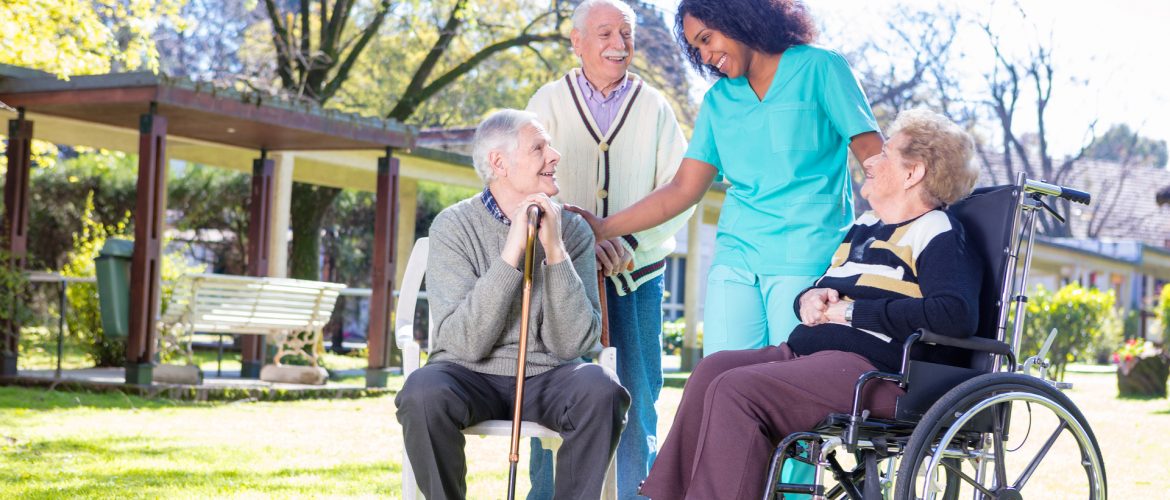Three new initiatives aimed at enhancing the well-being and quality of life for residents in Tennessee long-term care facilities were recently announced by the Tennessee Department of Health and Tennessee’s Unified Command Group. These initiatives are intended to expand options for visitation, easing restrictions regarding residents’ interactions within facilities, and to create a state long-term care task force.
The expanded visitation options beginning October 1 will allow outdoor or limited indoor visitation with residents in facilities where no new COVID-19 cases have occurred for at least 14 days among residents or staff members. Strict safety precautions for both residents and staff members (wearing masks and physical distancing) will be required along with continuing environmental disinfection and visitor testing. Facilities that report no new cases for 28 days will be allowed to offer an essential caregiver program. Essential caregivers are select persons who are allowed to visit frequently to assist residents with daily living activities, e.g., feeding, bathing and dressing.
Enhanced resident interactions involve the permitting of social activities within the facilities and visits by non-healthcare persons like beauticians and barbers. The same requirements regarding no new cases of COVID-19 for 14 days will apply. Also, strict infection control protocols, wearing masks, physical distancing and observing capacity limits will also remain in effect.
The formation of the new COVID-19 long-term care task force will be responsible for developing and implementing new policy solutions to provide prompt responses to future issues affecting long-term care facilities and residents during the continuing pandemic.
Compliance Perspective
Social isolation and loneliness are known to pose increased mortality risks for residents in long-term care facilities; consequently, the effects that the forced isolation to prevent the spread of COVID-19 by not allowing family and friends to visit residents in nursing homes is being observed as residents are dying because of the despair and loneliness they are experiencing, along with the jeopardy associated with the Coronavirus.
Discussion Points:
- Review policies and procedures regarding state and federal guidelines for safely reopening to allow visitation and enhanced care provided by non-healthcare persons.
- Train staff members regarding the protocols for reopening and allowing visitors and enhanced care providers and the continuing precautions of disinfection, hand hygiene, wearing masks, social distancing, and visitor testing.
- Periodically audit to ensure that state and federal guidelines for reopening are being followed and the occurrence of new cases are tracked and documented.












































































